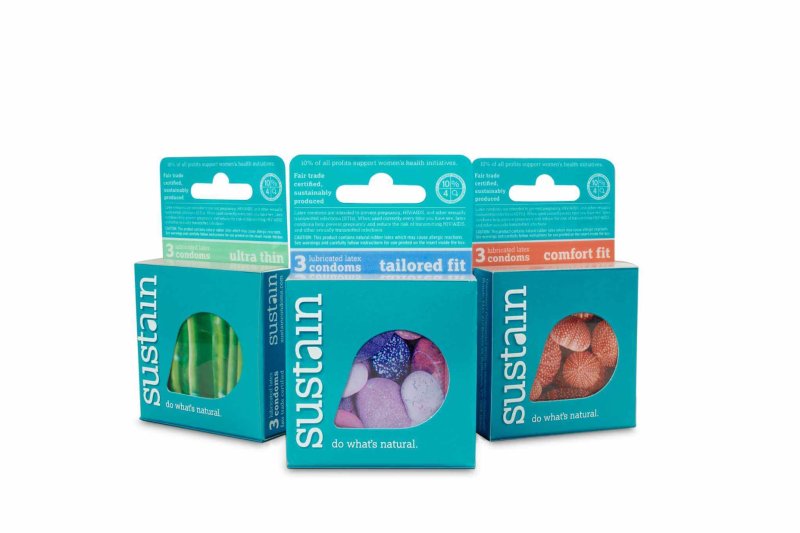The National Milk Producers Federation launched a “peel back the label” campaign this summer, aimed squarely at a growing list of [GMO-free] dairy products….
“It’s really trying to market a distinction without a difference,” said Jim Mulhern, president of the federation, whose members produce half the nation’s milk.
“It’s like unicorn-free milk,” said Alison L. Van Eenennaam, a UC Davis animal genomics scientist. “There aren’t any GMOs in milk anyway.”
…
That approach has resulted in non-GMO labels on kitty litter, Himalayan pink salt, waters (coconut, flavored and “alkaline,” in particular) and condoms.
Even Jeff Hollender, co-founder of Sustain brand condoms, found it hard to explain why his New York-based company’s prophylactics, made of latex derived from sap from a rubber plant, bear the seal of the Non-GMO Project.
“What we’re having certified is that neither the sap nor any of the 12 other ingredients, which are a variety of different chemicals, are GMO,” Hollender said.
Asked what chemicals are GMO, Hollender said, “I’m not a chemist.”
The GLP aggregated and excerpted this article to reflect the diversity of news, opinion and analysis. Read full, original post: Milk, salads, kitty litter, condoms: ‘Non-GMO’ labels sow confusion































